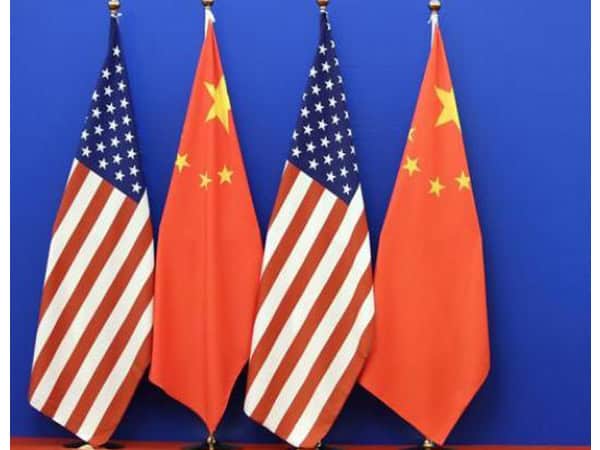Beijing: US Commerce Secretary Wilbur Ross said Sunday trade talks have been “friendly and frank” as the US and China continued with a second day of negotiations in Beijing aimed at deescalating tensions between the two sides. The world’s two largest economies have been at loggerheads over trade and industrial practices for months with the talks under way in the Chinese capital the third formal round of negotiations.
The discussions are intended to ease tensions after Washington said it would follow through with tariffs on Chinese imports despite a truce reached between the two sides in the US last month. “Our meetings so far have been friendly and frank, and covered some useful topics about specific export items,” Ross told the Chinese trade team led by Vice Premier Liu He, President Xi Jinping’s right hand-man on economic issues.
Liu offered the US team a “special welcome” to Beijing for the talks.
The visit comes as fears of an all-out global trade war intensified after the European Union, Canada and Mexico drew up retaliatory measures to Washington’s stinging steel and aluminium tariffs that came into effect on Friday.
On Saturday, Washington’s main allies delivered a unified message of shock and dismay at a Group of Seven ministerial meeting, urging President Donald Trump to rescind the punishing metal tariffs.
The planned US sanctions on Beijing include restrictions on Chinese investment, export controls and 25 percent tariffs on $50 billion in Chinese tech goods.
China has threatened to hit back with tit-for-tat tariffs on tens of billions of dollars in US goods.
But it has also taken conciliatory measures to address some of the Trump administration’s concerns and insisted that it hopes to avoid a damaging trade war.
Ross and the large American delegation had dinner Saturday evening with their Chinese hosts.
“It has been a great pleasure to spend yesterday with you and we are especially grateful for last night’s dinner,” Ross said as he met with Liu at the Diaoyutai state guesthouse.
Washington’s positions in the trade talks with Beijing have shifted as Trump’s team of hardliners and more mainstream advisors compete to push their views.
Treasury Secretary Steven Mnuchin, who announced the tariff truce with China, said at the G7 summit in Canada that the US was pushing for “structural changes” to the Chinese economy.
“If there are structural changes that allow our companies to compete fairly, by definition that will deal with the trade deficit alone,” Mnuchin said Saturday, according to Bloomberg News.
AFP

